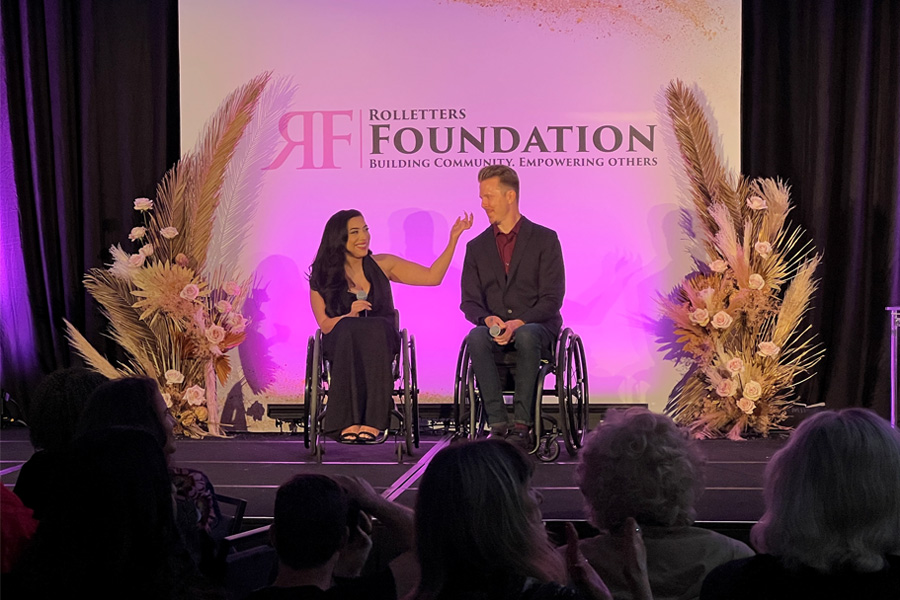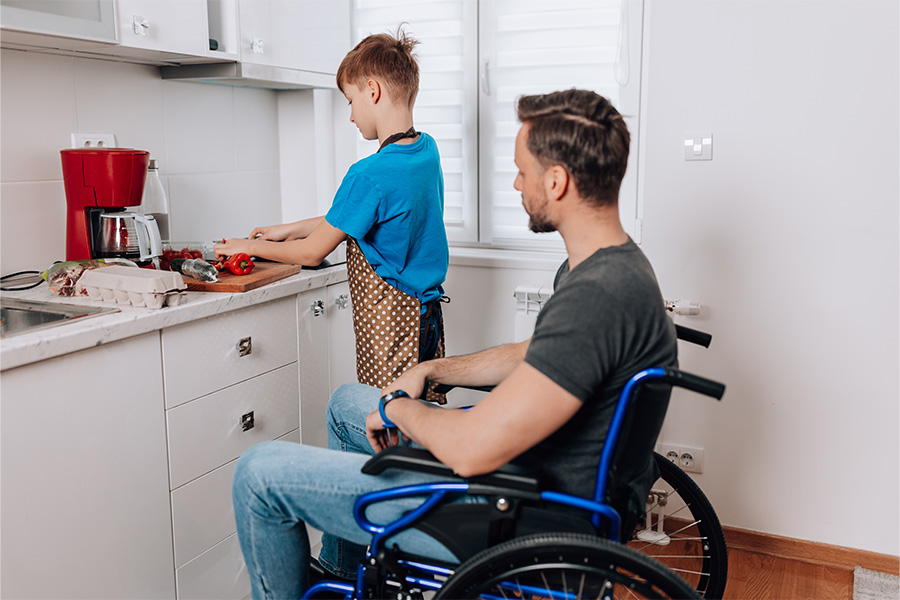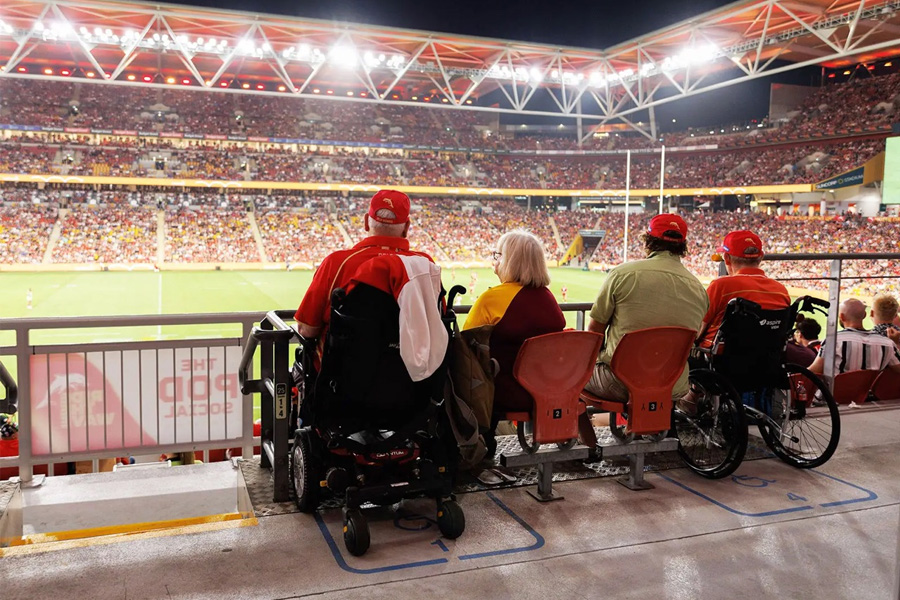September is Spinal Cord Injury Awareness Month, and it has also been one year since SCI Ventures launched with a $30 million fund and built-in portfolio of seven companies.
While we have been traveling on the Adversity Into Adventure World Tour, we have come across numerous scientific research labs in the medical field and many of them with projects geared towards those living with a spinal cord injury. Fortunately, researchers across the United States are trialing new therapies—from brain-computer interfaces to stem cell implants—aiming to restore movement, sensation, and gain independence.
Here are some of the most exciting clinical studies available today in the U.S.:
- 1. Northwell Health’s Feinstein Institutes for Medical Research in New York
- surgeons implant electrodes in both brain and spinal cord to “bypass” the injury site.
- Recent study shows a paralyzed patient regain hand movement and sensation.
- For more information, email neurosurgeryresearchlhh@northwell.edu
- Elezanumab (Monoclonal Antibody Therapy)
- located in 49 different US sites
- Drug trail testing an antibody the blocks proteins which normally inhibit nerve regeneration.
- Goal is to promote regrowth in nerve connections and improve recovery during early phase of injury.
- For more information, email jfwang@ucdavis.edu
- University of California System Studies (multiple locations)
- looking for participants in: neuromodulation, tele-rehabilitation, and tele-nutrition
- Additional observational research in TRACK-SCI and CASPER projects
- 4. Neural Stem Cell Implantation (UC San Diego)
- Phase I trial looking for patients with chronic SCI to receive human neural stem cell transplants.
- For more information, email alphastemcellclinic@health.ucsd.edu or jciacci@ucsd.edu
- University of Pittsburg
- new weight scale system for wheelchair users called the “Fast In-Bed Tracking System (FIT). Looking to see if the ability for the wheelchair users to weight themselves regularly increases their ability to lose weight while paired with a nutrition and exercise program.
- For more information, email fitpitt@groups.pitt.edu
- University of Pittsburg Inclusive Mobility Research Lab
- seeking participants for a laboratory study on measuring wheelchair movement in indoor spaces.
- For more information, email wcmobility@groups.pitt.edu
- Model Systems Knowledge Translation Center (MSKTC)
- works closely with researchers in the field of SCI, TBI and Burn
- There are currently 18 SCI model system centers developing resources for people living with this injury and their supporters.
- BrainGate2 Neural Interface Study
- multiple sites including Stanford, Brown, and Massachusetts General Hospital
- Exploring the use of implanted neural sensors to allow high level injured patients to control devices such as wheelchairs, robotic arms or other technology
- For more information, email clinicaltrials@braingate.org or research@braingate.org
Each clinical trial offers a unique path forward—and together, with researchers and funding, we can be an active participant in shaping the future of a condition we live with! As always, follow www.sciventures.com to stay up to date on what is available to you.
Best In Health,
Aaron Baker
*Please consult with a medical professional before signing up for a clinical trial.

















